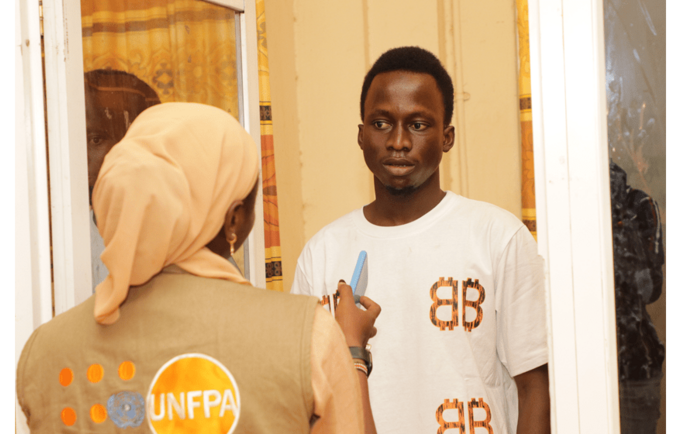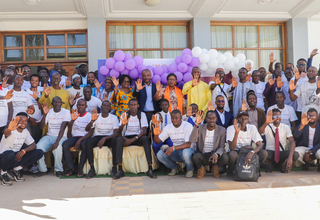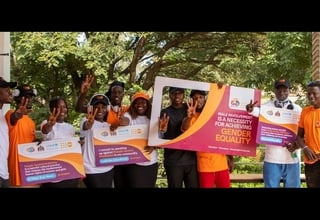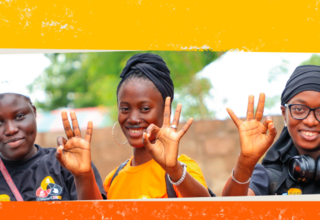In remote communities of Basse, the One-stop Center stands as a beacon of hope and resilience for survivors of Gender-Based Violence (GBV) and other forms of violence. Dr. Momodou Jallow and Musa Naso, a compassionate case worker, work tirelessly to provide comprehensive care and support to survivors.
Dr. Jallow emphasizes, "The importance of this center cannot be overstated. Increased awareness has led more people to seek help directly from the center or through referrals from the police."
In the midst of daily challenges, Musa remains dedicated. "Reaching individuals in remote areas is a major challenge," he admits. "Many cases we deal with originate from these regions.
Despite obstacles, the One-stop Center remains steadfast. Survivors receive thorough care, including medical examinations, psychological support, and connections to necessary resources. Collaborations with organizations like GMIS ensure a seamless continuum of care for survivors.
Challenges persist.
"Distance can hinder some individuals," Musa explains. "Limited mobility for case workers hampers the opportunity for case follow-up and referral services, as survivors may not follow through for continuum of care and referral services."
However, amidst challenges, there are also success stories. Musa recalls supporting a 16-year-old rape survivor who named her baby after him, showing gratitude for the services provided.
In addressing GBV challenges, the Basse One-stop Center stands as a beacon of hope, providing comfort, assistance, and a path to healing for survivors of gender-based violence in all forms.




